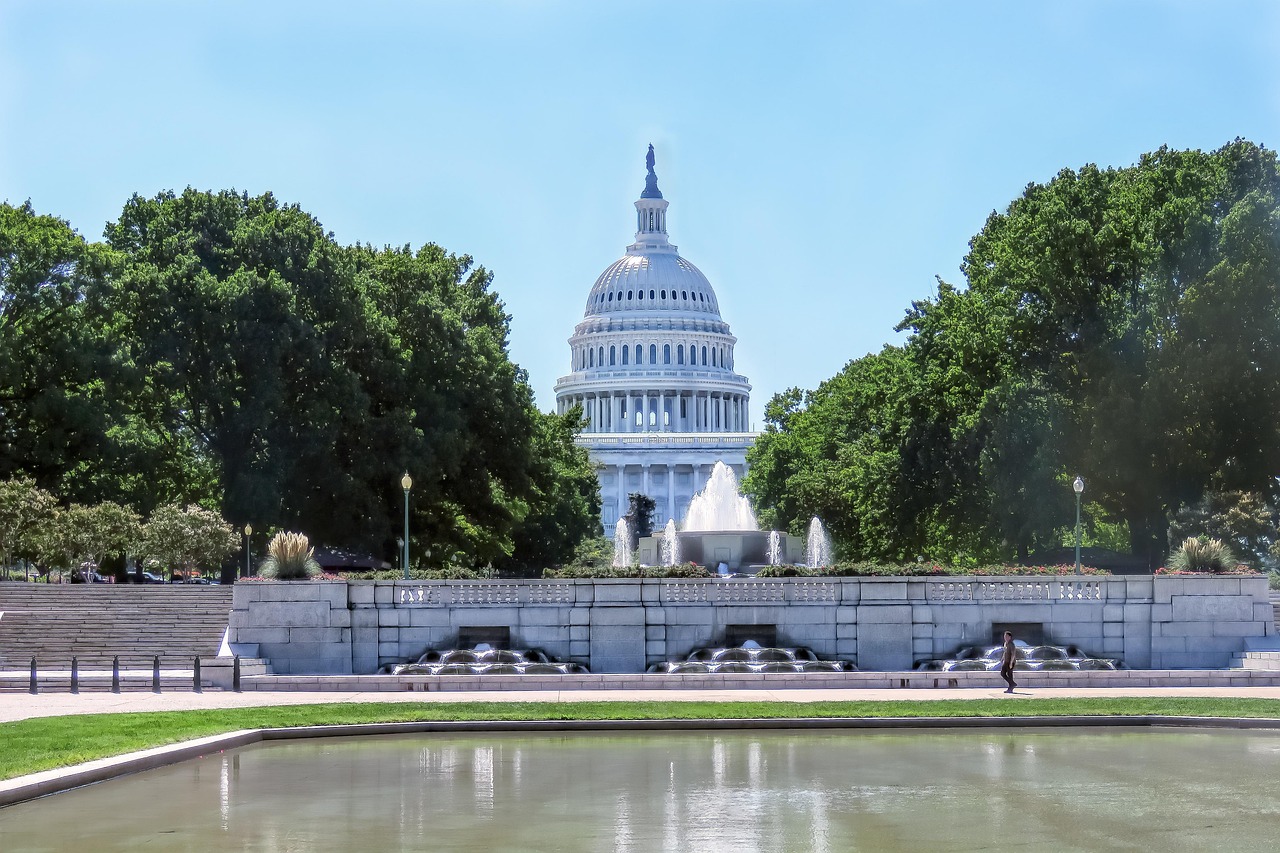
Chris Moyer
Founder & President
The clean energy industry, which has been buoyed with hope for months by nearly two dozen House Republicans who have urged the preservation of IRA tax credits, is about to feel firsthand the force of partisan politics. In a matter of days, it’s almost certain that nearly every one of those letter-signers will vote to gut the credits they have said they valued so dearly.
Where Things Stand
Here’s the state of play in DC right now: It’s been a week since House Republicans unveiled the text of their “big, beautiful bill” and we finally saw how Congress might treat the IRA’s clean energy tax credits—and it’s not a pretty picture.
The bill includes early phaseouts for the tech-neutral credit, a repeal of EV incentives, new barriers tied to “foreign entities of concern,” and the elimination of transferability, among other rollbacks that would undermine the progress being made in communities across America. Progress that is creating jobs, generating tax revenue, reshoring manufacturing jobs, boosting global competitiveness, helping households make their homes more energy efficient, and providing the energy we need to meet rising electricity demand fueled by AI, EVs, and industrial reshoring. (The credits are also advancing the energy transition, but we don’t talk about that these days in Trump’s Washington.)
When the House text first dropped last Tuesday, many assumed it was the floor—the worst version of the bill. Some Senate Republicans scoffed. The usual House Republicans expressed concern, and even signed yet another letter to leadership in support of the credits.
And indeed, when the Budget Committee convened on Friday to vote on all the various bills to stitch them together into one, the vote failed, in part because of the tax credit language—but not because it went too far. Hardline conservative Freedom Caucus members Chip Roy and Ralph Norman voted “no” because the bill didn’t go far enough to fully repeal the credits. After all, the White House promised these members just that in exchange for backing the March budget resolution.
By late Sunday night, the Budget Committee reconvened and pushed the bill through—this time with promises to revise it even further to appease Roy, Norman and other Freedom Caucus members.
From Bad to Worse
By yesterday morning, the bill had gone from bad to worse. All clean energy credits would be phased out entirely by 2028, according to Politico, making them “all but unusable.” Other Republicans objected again and met with Speaker Johnson, who emerged from the meeting only to say that there were “lots of discussion about [IRA tax credits]. But no final decisions made on it. Different ideas.”
This morning, President Trump descended on Capitol Hill to try to strong-arm his fellow Republicans to get on the same page, policy details be damned, ahead of the next vote much later tonight (1 a.m. Wednesday). Johnson needs the help as he races to meet a self-imposed Memorial Day deadline for the House to pass the bill and send it to the Senate.
Their Red Line… Isn’t This
As I’ve warned before, it’s risky to pin hopes on the pro-tax credit House Republicans. Leadership knows this group is prone to fold, while the Freedom Caucus drives a harder bargain.
Even the most vocal pro-clean energy Republicans—Reps. Andrew Garbarino (NY), Mike Lawler (NY), Nick LaLota (NY), Young Kim (CA), and others—aren’t making this their red line. They have other, bigger priorities—specifically, raising the State and Local Tax (SALT) deduction cap. They talk about this as an existential political issue, and Lawler even said last week he’s a “hard no” on the overall bill if SALT isn’t addressed.
No such statements have been made about the energy credits.
If leadership offers a SALT win, many of the letter-signers will vote yes—even if it means gutting the very tax credits they claim to support. They’ll issue statements of disappointment, but they’ll go home having secured a tangible victory their voters will notice right away. SALT relief affects far more of their constituents than clean energy incentives do.
What’s Next
By late tonight, we’ll know whether any changes are made before the House floor vote. The goal of the pro-credit Republicans all along has been to shape the bill behind the scenes. But that window is closing fast.
Unless Johnson reverses course—and risks losing hard-right votes—it’s hard to see what, if anything, these Republicans have secured. Their letters may serve more as political cover than leverage. When the dust settles, they’ll say they tried.
If the bill passes the House this weekend—admittedly a big “if,” given several unresolved issues, including a provision to sell off some public lands in Nevadan and Utah—it moves to the Senate. And while the Senate won’t rubber-stamp the House version, a similar internal battle over tax credits will play out again.
Some Senate Republicans—like Mike Lee (UT) and Ron Johnson (WI)—want to go even further in repealing the credits and cutting spending. But Majority Leader John Thune can only lose four GOP votes. The tug and pull we’re seeing in the House on the credits will happen in the Senate, too. Just as former Senator Joe Manchin held up the IRA in 2021 and 2022 for months, a handful of senators—Thom Tillis (NC), Lisa Murkowski (AK), John Curtis (UT), and Kevin Cramer (North Dakota)—could make or break what happens next. But it’s hard to see enough of them voting “no” based on the credits alone.
I’ve been pessimistic about the fate of these credits for months. The politics have never lined up. The math has never worked. And all the letters and statements in the world don’t matter when it’s time to vote.
But it’s not over yet. Decisions made this week are likely to shape the pace of clean energy progress for years to come. This is the moment to fight—to keep making the case for why Congress must not throw away tools that are helping the U.S. lead on energy, economic growth, and national security.
Even if it’s the hundredth time we’ve said it—it still needs to be said. Loudly.
Sign up for our newsletter
Receive updates on our work, industry news, and more.

